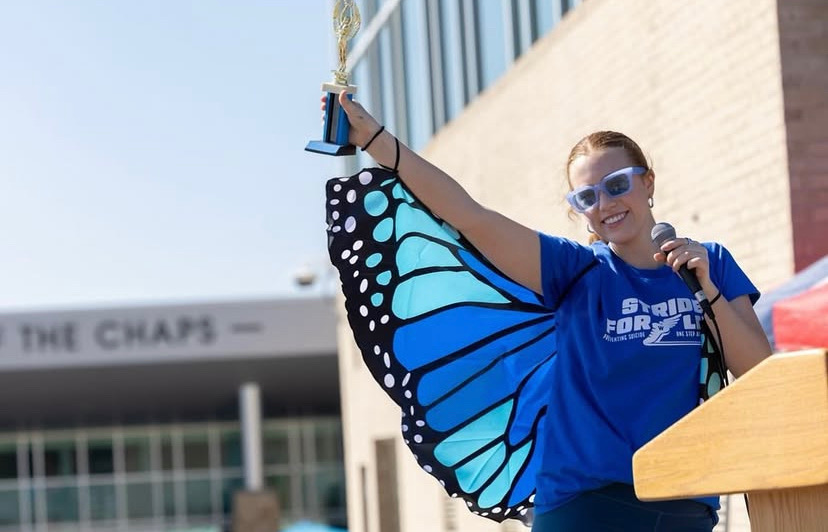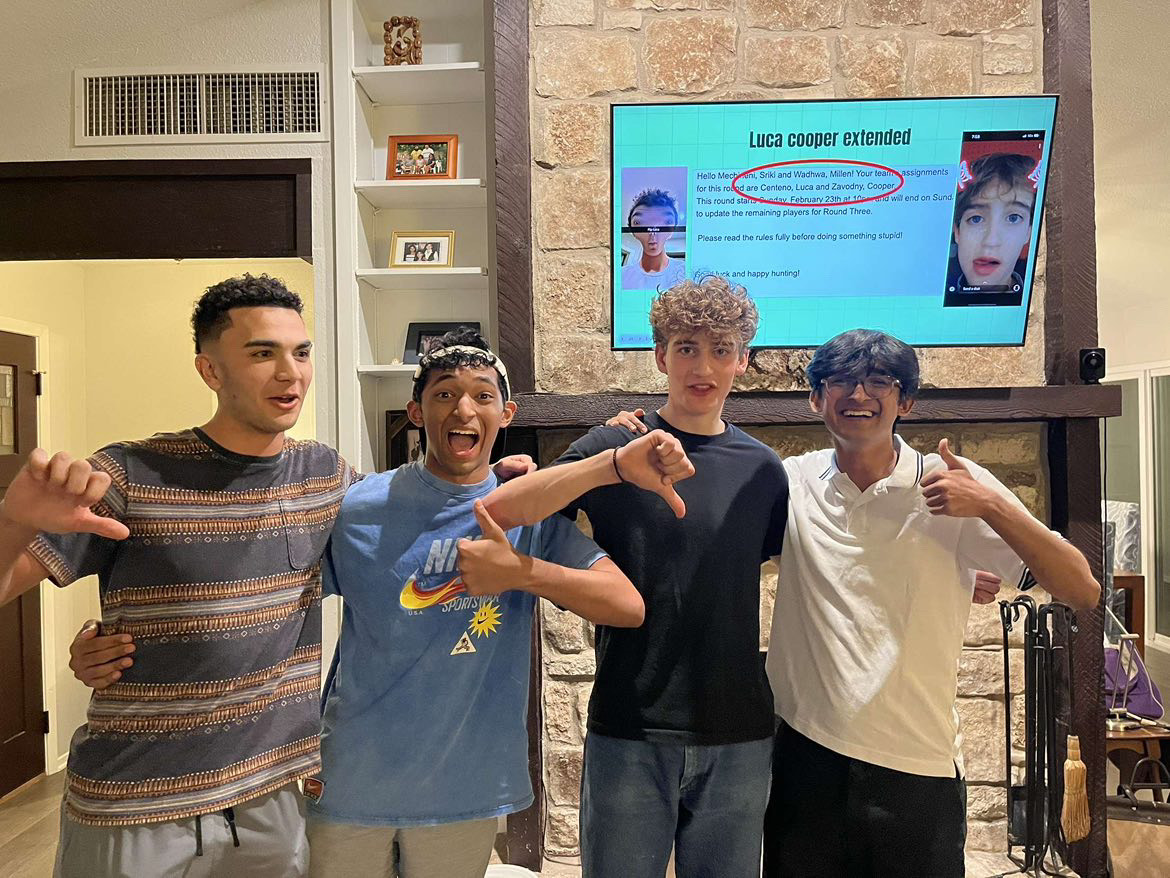At first glance, senior Jerod Thornton’s summer may look like any other teenager’s – hanging out with friends, going to the movies, exploring new places. But there was one major difference – he was in Russia.
In French class, Jerod found out about the National Security Language Initiative for Youth, an organization that provides scholarships to high school students and graduates interested in learning foreign languages overseas. After researching it more, he decided he wanted to go to Russia and began the long process of filling out application forms and writing essays. Four months later he received his acceptance letter, along with a full scholarship.
“I was interested in Russia for its rich history,” Jerod said. “It’s had a ton of rulers and an interesting mesh of culture.”
Before leaving for Russia on June 27, 2011, Jerod and the other American students were informed during orientation at Washington D.C. of Russia’s different customs and how they should act. For instance, in Russia, a friendly smile to a passerby is considered rude and may brand you as a foreigner – a target for pickpockets, as well.
“In America everyone’s friendly to strangers, but in Russia smiling in the street was considered weird,” Jerod said. “It was hard not being able to smile.”
After a tiresome 32-hour journey, Jerod and the other students finally arrived in Russia’s old imperial capital, St. Petersburg. From there they took a bus to the school in suburb Gatchina where they would spend the rest of their summer learning Russian. Jerod’s host family – his host mom Yulia, his host dad Sasha (a male’s name in Russia), his host sister Ksenia and his host step-sister Daria – were waiting there to greet him and take him back to their house.
“The day I met my Russian host father, he immediately ran to the computer and showed me his house on Google maps,” Jerod said. “Despite the language barrier, he was more eager than anyone else I’d met in Russia to communicate with me and learn about America.”
During Jerod’s first week in Russia he spent his time getting to know his host family. He became good friends with Ksenia, who knew some English and could help translate what he said.
“At first I couldn’t talk to anyone,” Jerod said. “The first month I had to play charades and draw things [to communicate].”
Later during that week Jerod’s host family took him to their relative’s house to show him a banya, the Russian’s sauna. The banya was inside of their backyard shed. Outside the banya Jerod found his host sister’s godfather, who led him into the banya.
“When my host family mentioned the banya, they had left out a lot of things,” Jerod said. “I didn’t know what was about to happen, but it was supposed to be cleansing, so I followed him. I laid down on the wooden bench in the banya, [and] he started beating me with birch tree sticks.”
Later he found out that enjoying birch-tree-stick-beatings was one of the many cultural differences in Russia. Others on the list include casually wearing dress clothes and picking wild mushrooms for a snack.
“Like many other Russians, [my host father] would often go into the woods to collect mushrooms, which we would then eat heapfuls of for the next few days,” Jerod said.
His daily routine began with waking up at 8 a.m. and having a breakfast of either kasha, a tasteless grain similar to a mix of brown rice and porridge, or miniature fruit pies and cakes from one of the nearby bakeries. He would then walk 10 minutes to school, on his way passing by an old Lenin bust left over from Russia’s Soviet times. At school, he and the other American students would spend four hours learning Russian. Afterwards they would participate in different activities, including a theater class and a Russian dance class (traditional, hip hop, and waltz). They learned about Russian poets and visited Russia’s monuments. After school was over they had the rest of the day free, which they would often use to explore St. Petersburg before returning to their host families’ homes for dinner.
“One time in St. Petersburg me and some of the other Americans got on the metro to explore,” Jerod said. “When we came out of the metro we were on Communist Street, and the first thing we saw was a McDonalds to the left of us and a joint KFC Pizza Hut across the street. I thought it was ironic that the first things you see on Communist Street are icons of capitalism.”
Across the street from the school was a movie theater. While Jerod was in Russia, the final Harry Potter – Garry Potyer, in Russian – movie was released and his classmates decided that they would see the midnight premier. Because the movie was dubbed in Russian, they only understood about 10 words, but they still enjoyed it and would quietly cheer every time they recognized a phrase.
“There would be moments when the entire theater would laugh and we would just pretend to be in on the joke and laugh along with them,” Jerod said. “It was all really fun.”
When they exited the theater, it was still bright outside – even though it was past midnight. Since St. Petersburg is so far north, its days are longer, and it only starts to get dark around 4 a.m.
“It was a bit hard [to get adjusted], but I had heavy blinds in my room,” Jerod said. “Sometimes I missed curfew, though, because it looked like two when it was actually 12.”
After two months in Russia, summer was almost over and it was time to return to America. Jerod said his goodbyes to his host family and the Americans he had met on the trip and boarded the plane.
“Before the trip, other countries and cultures seemed abstract,” Jerod said. “After going there and seeing [people from a different culture], and learning their language, it helps connect you with the world.”






